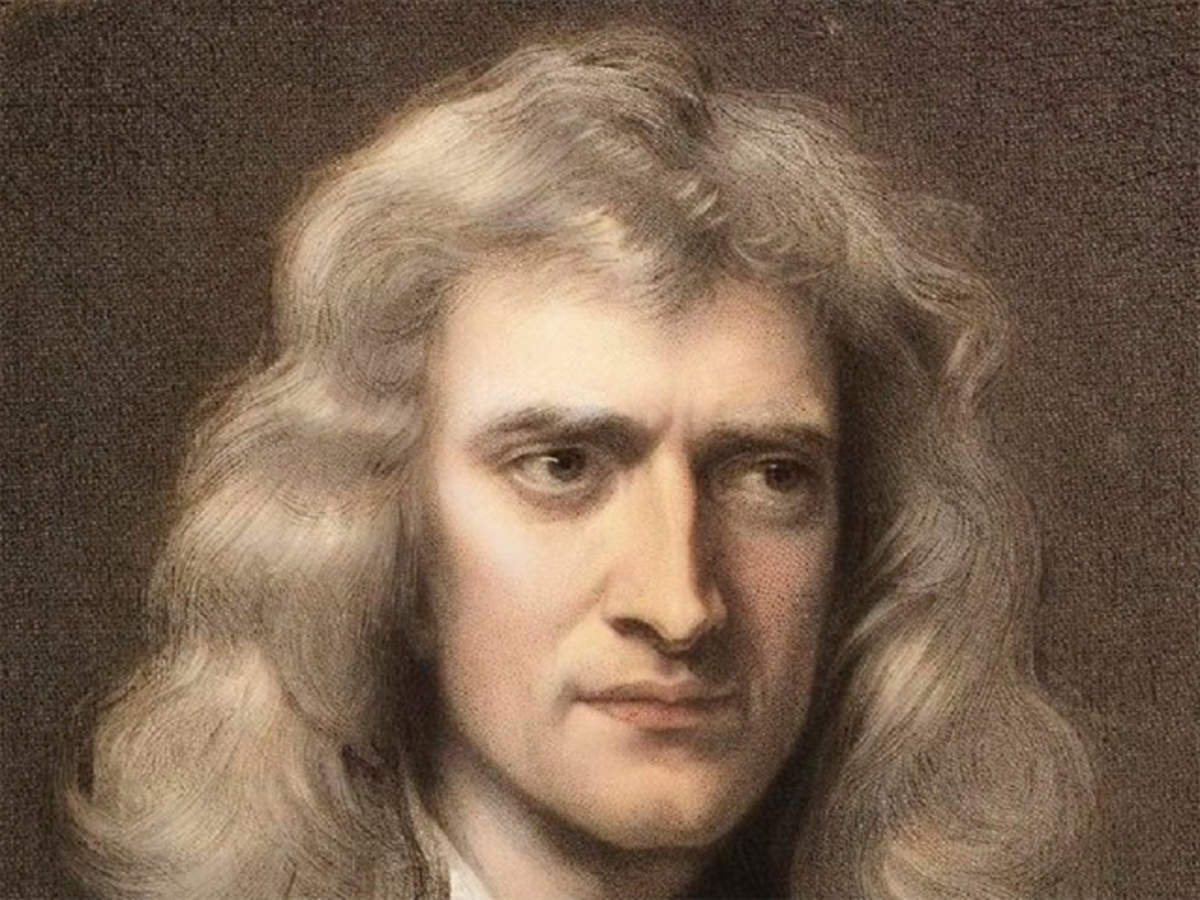One of the greatest thoughts of mankind came from Sir Isaac Newton. Interestingly enough he developed all his theories when he was banished from Cambridge University, where he was studying, to his native place in rural England during the great plague of 1660s. He had nothing to do, so for two years he thought and thought and the world became a richer place because of his thinking.
I do hope the present lockdown period imposed on us produces some great thoughts. This essay is a humble attempt to motivate the readers to utilize this time to read, think and write.
It is said that all of Newton’s ideas that he later on wrote in his Principia came to him during this fertile period of 1665-1667.
He was one of the greatest magicians of all times! After all who else would pluck from thin air the complete mathematics of Calculus (including binomial theorems, power series, etc.) theory of optics, law of cooling, laws of motion and the great idea of universal gravitation?
One still gets goosebumps when one thinks that the laws of motion, concept of gravitational and inertial mass, and the inverse square law of gravitational attraction were all a product of only thinking without any recourse to any experiments. It is as if God spoke to him directly!
Newton spent more than 50% of his life in the pursuit of metaphysics and just like the great Indian mathematician Ramanujam he considered all his theories of gravitation and physics as an outcome of the great design by Universal God.
In his religious beliefs Newton was a rebel and in those days of very powerful church he hid his heretic beliefs to himself. His metaphysical writings were therefore published much later after his death.
There is nothing in physical sciences that Newton did not touch. He pursued chemistry for almost 30 years of his life. Chemistry was not a well-established field in those times and was in very infant stages. Robert Boyle who is considered the father of modern chemistry was a contemporary of Newton and was just laying its foundations. There was no theory of chemistry (in those times it was called alchemy) and Newton worked on many formulations as enunciated in ancient texts and scriptures.
I think Newton wanted to understand the Mind of God and every aspect of physical sciences (at that time such a concept was not known) had to be explored. His powerful mind therefore wanted to explore every aspect of nature and that included alchemy.
Newton therefore went to the ancient alchemy texts to find out what was the basis of these experiments. Whether he was searching for the magic formula of converting other elements into gold or trying to understand the chemical laws we will never know.
However in the process of doing lot of experiments with mercury compounds he might have gotten mercury poisoning. This could be possibly a reason for his becoming cantankerous and garrulous in later years of his life.
Einstein, who I think could have been a reincarnation of Newton, paid his greatest respects to him by calling him “shinning spirit deserving our deepest venerations”.
So on Newton’s 293rd death anniversary (He died on 31st March 1727) let us remember one of the greatest human of all times who helped in the evolution of human thought.
The last word on Newton belongs to the great English Poet Alexander Pope who wrote:
“Nature and nature’s laws lay hid in night. God said let Newton be and all was light !”


